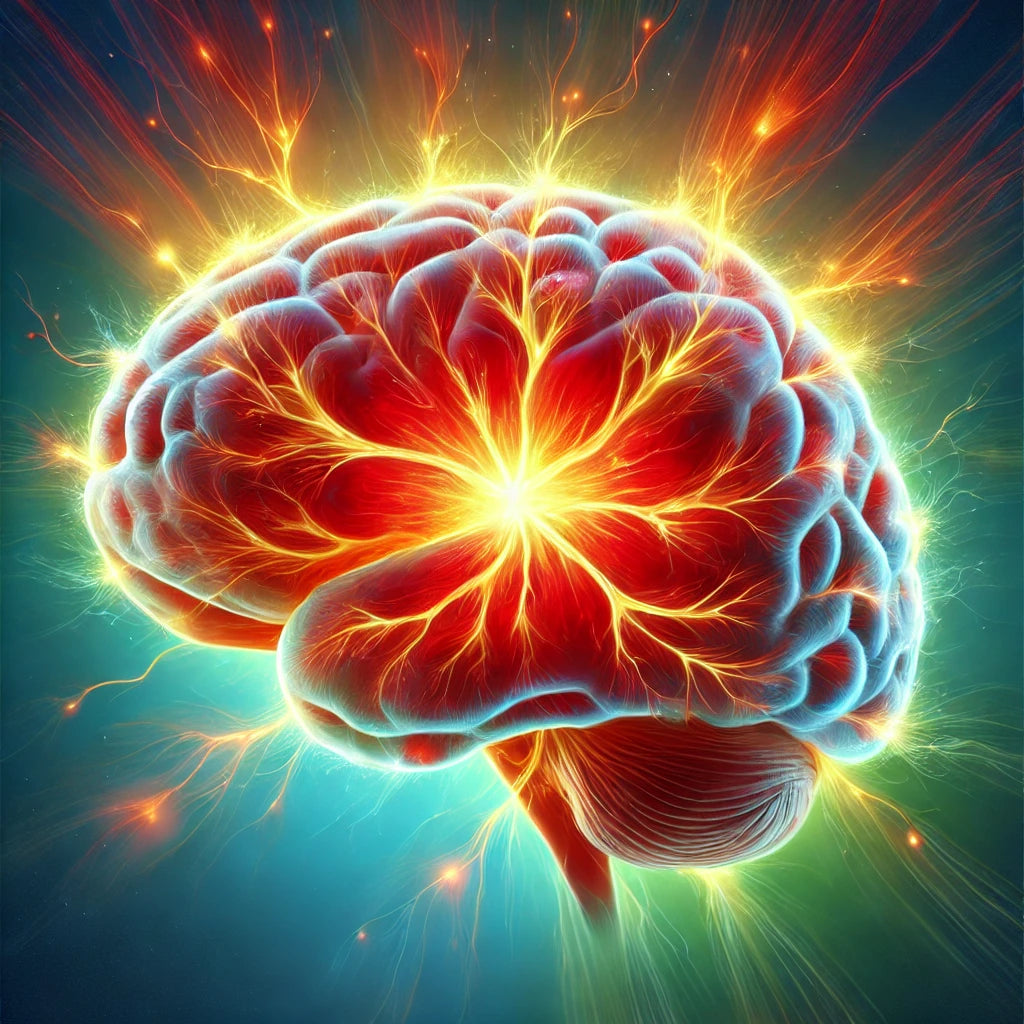News — neuroinflammation
The Role of Magnesium in Migraine Prevention: An Evidence-Based Review
bioavailability cortical spreading depression dietary magnesium sources elemental magnesium dosage headache disorders integrative migraine care magnesium citrate magnesium deficiency magnesium for migraines magnesium glycinate migraine prevention migraine prophylaxis migraine triggers neuroinflammation neurological health NMDA receptors patient-centered prevention randomized controlled trials riboflavin CoQ10 serotonin regulation vascular tone
Migraines are more than just headaches—they’re complex neurological events that can disrupt daily life with intense pain, visual disturbances, nausea, and sensitivity to light and sound. Affecting over one billion people worldwide, migraines remain one of the leading causes of disability. While treatment often focuses on managing acute attacks, growing research suggests that prevention—particularly through addressing nutritional deficiencies—may be an equally important strategy.
Magnesium, an essential mineral involved in over 300 biochemical reactions in the body, has emerged as a promising player in migraine prevention. From regulating nerve signaling to stabilizing blood vessels, magnesium’s physiological roles intersect directly with processes implicated in migraine attacks. This evidence-based review examines the research behind magnesium supplementation for migraine prevention, the proposed mechanisms of action, and practical considerations for its use.
Are We Underestimating the Role of Trace Minerals in Mental Health?
antioxidant defense anxiety support brain wellness copper balance anxiety depression support evidence-based supplementation integrative psychiatry iodine thyroid mood iron deficiency and cognition manganese brain health mental health nutrition micronutrient testing mitochondrial function neuroinflammation neurotransmitter synthesis nutritional psychiatry selenium antioxidant thyroid hormones trace minerals whole-food sources zinc and depression
When conversations about mental health turn toward nutrition, the spotlight usually falls on omega-3 fatty acids, vitamin D, or B vitamins. While these nutrients are undeniably important, a quieter group of players—trace minerals—often operates in the background, influencing mood, cognition, and emotional resilience in ways we might be overlooking. These minerals, needed only in minute amounts, are involved in neurotransmitter production, hormone regulation, and even the structural integrity of brain cells.
Iron, zinc, copper, selenium, iodine, and manganese may not dominate wellness headlines, but emerging research suggests their role in mental well-being is anything but minor. From depression and anxiety to cognitive decline, imbalances in these micronutrients can tip the scales toward vulnerability or recovery. This article examines the growing evidence behind trace minerals and mental health, exploring whether we’ve been underestimating their significance all along.
Autoimmune vs Infectious Encephalitis and Psychiatric Disorders
autoimmune antibodies autoimmune brain disease autoimmune encephalitis brain infection brain inflammation EEG for encephalitis encephalitis diagnosis encephalitis recovery encephalitis symptoms encephalitis vs psychosis herpes encephalitis infectious encephalitis IVIG therapy mental health diagnosis MRI brain inflammation neuroinflammation neurological symptoms NMDA receptor psychiatric disorders psychiatric misdiagnosis
When unexplained changes in behavior, cognition, or physical function occur, the root cause is often elusive. Three common yet complex culprits—autoimmune encephalitis, infectious encephalitis, and psychiatric disorders—can present in similar ways but require vastly different approaches. Misdiagnosis can delay appropriate treatment and significantly impact outcomes, making it critical to distinguish among them with clarity and care.
Autoimmune encephalitis and infectious encephalitis are both neurological conditions that inflame the brain, but they stem from very different sources. Meanwhile, psychiatric disorders, though non-inflammatory, often mimic the cognitive and behavioral disturbances seen in encephalitic processes. Understanding the nuances between these conditions is essential for accurate diagnosis, effective treatment, and compassionate care.
Neuroinflammation: The Hidden Enemy of Brain Health - Causes, Symptoms, and Prevention
Alzheimer's disease anti-inflammatory diet blood-brain barrier Brain Health brain health strategies brain inflammation chronic inflammation cognitive decline cognitive function exercise and brain health immune response in brain microglia activation mood disorders multiple sclerosis neuroinflammation neuroinflammation symptoms neurological disorders neurological research Parkinson’s disease stress management supplements for brain health
In the complex world of brain health, neuroinflammation stands as a subtle yet powerful adversary. It lurks beneath the surface, often unnoticed until significant damage has been done. While inflammation is a natural response of the immune system to injury or infection, when it occurs in the brain, it can lead to a host of neurological disorders. From Alzheimer's disease to multiple sclerosis, the consequences of unchecked neuroinflammation are profound.
Understanding neuroinflammation is key to unlocking new treatments and preventive measures for brain health. By delving into its causes, symptoms, and long-term effects, we can gain a clearer picture of its impact and the strategies needed to combat it. Let's explore this hidden enemy and uncover the steps we can take to protect our brain health.




